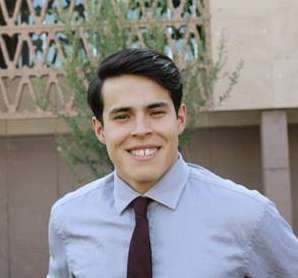The Federal Trade Commission (FTC) on Nov. 16 announced a new exploratory challenge aimed at encouraging the development of “breakthrough ideas” to evaluate, monitor, and prevent malicious uses of “voice cloning” technologies enabled by artificial intelligence (AI) technology.
The agency said voice cloning tech isn’t all bad, but that its potential malicious uses are concerning.
“The technology offers promise, including medical assistance for people who may have lost their voices due to accident or illness,” the FTC said.
But, the agency added, “it also poses significant risk: families and small businesses can be targeted with fraudulent extortion scams; creative professionals, such as voice artists, can have their voices appropriated in ways that threaten their livelihoods and deceive the public.”
The new voice cloning challenge, the FTC said, aims to “encourage the development of multidisciplinary approaches—from products to policies to procedures—aimed at protecting consumers from AI-enabled voice cloning harms, such as fraud and the broader misuse of biometric data and creative content.”
“This effort may help push forward ideas to mitigate risks upstream – shielding consumers, creative professionals, and small businesses against the harms of voice cloning before the harm reaches a consumer,” stated the FTC.
“And if viable ideas do not emerge, this will send a critical and early warning to policymakers that they should consider stricter limits on the use of this technology, given the challenge in preventing harmful development of applications in the marketplace,” the agency said.
The FTC is creating a Voice Cloning Challenge online portal where the public can submit ideas from Jan. 2 to 12, 2024. The agency will select winners in early 2024, with top prize money of $25,000, and a runner-up prize of $4,000.
“The Voice Cloning Challenge is one part of a larger strategy,” the agency said. “The risks posed by voice cloning and other AI technology cannot be addressed by technology alone. It is also clear that policymakers cannot count on self-regulation alone to protect the public.”

